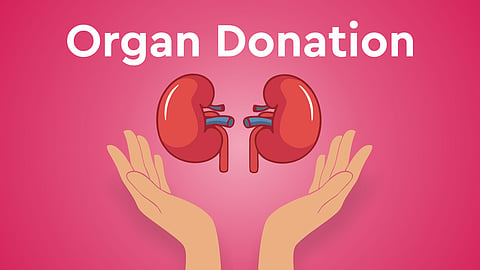
- Latest Legal News
- News
- Dealstreet
- Viewpoint
- Columns
- Interviews
- Law School
- Legal Jobs
- हिंदी
- ಕನ್ನಡ

The Supreme Court on Tuesday issued a series of directions to the Union and State governments, aimed at strengthening India’s organ transplantation framework and addressing the inconsistencies between States when it comes to regulation and procedure for organ donation [Indian Society of Organ Transplantation v. Union].